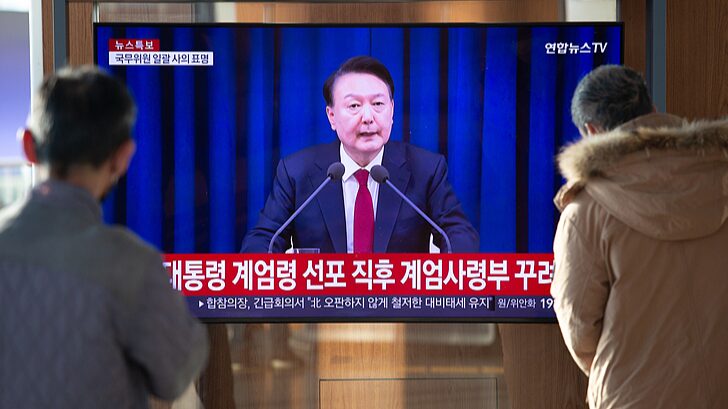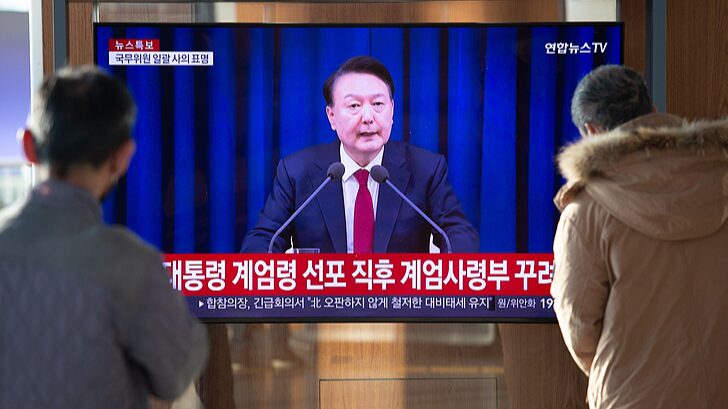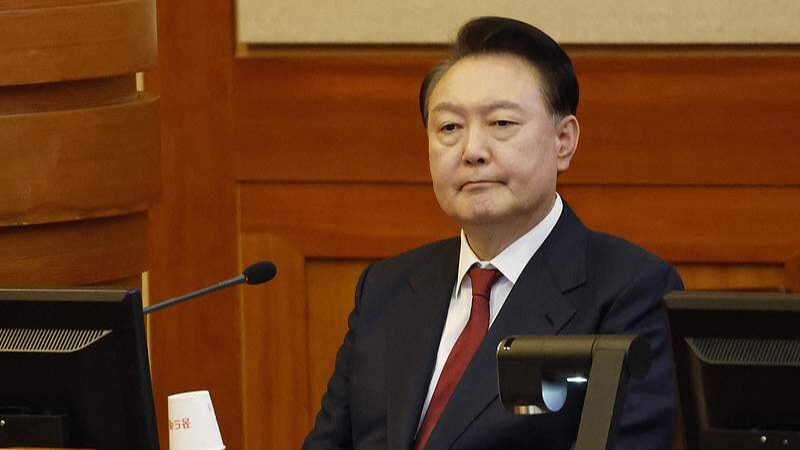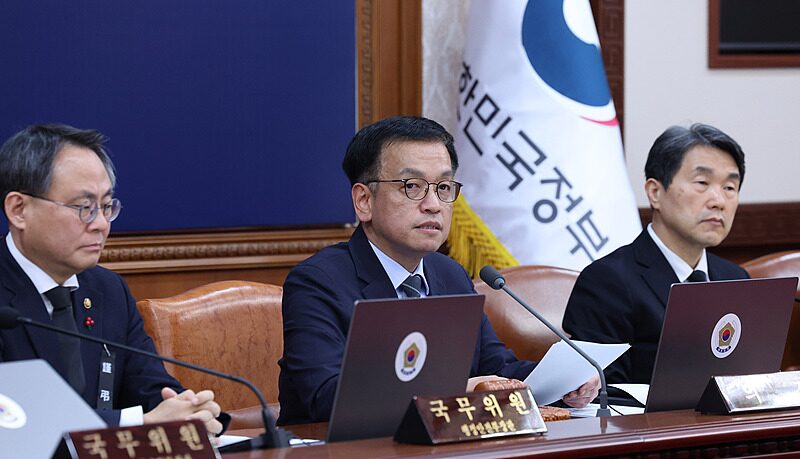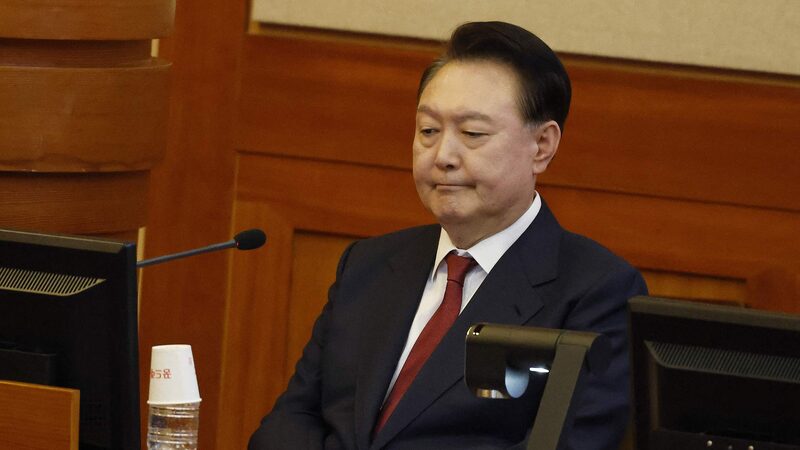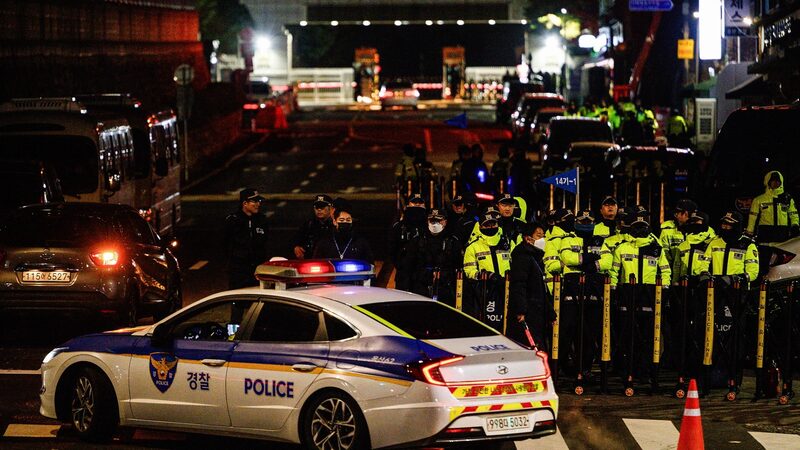In a significant political development, South Korean President Yoon Suk-yeol has accepted the resignation of Defense Minister Kim Yong-hyun following a controversial martial law declaration. The presidential office announced on Thursday that Ambassador to Saudi Arabia, Choi Byung-hyuk, a former army general, has been nominated as the new defense minister. The crisis unfolded when Defense Minister Kim reportedly proposed imposing emergency martial law, which was enacted on Tuesday night. However, the decision faced immediate backlash and was swiftly repealed early Wednesday after a parliamentary vote against it. The unexpected declaration led to widespread concern and confusion across the nation. Addressing the situation, Kim Yong-hyun offered his resignation on Wednesday, stating his intention to take full responsibility for the turmoil caused by the martial law order. “I sincerely apologize for causing concern and confusion,” Kim said in a public statement. His resignation is seen as an attempt to restore public trust and stability within the government. President Yoon’s office confirmed the nomination of Choi Byung-hyuk to lead the Defense Ministry. Choi’s extensive military background and diplomatic experience as ambassador are expected to contribute to strengthening South Korea’s defense policies amidst regional tensions. Observers note that the leadership change comes at a crucial time for the nation’s security and foreign relations. The rapid series of events has left many South Koreans seeking clarity on the government’s decision-making processes regarding national security measures. As the country navigates this political shift, attention turns to how the new defense minister will address both internal and external challenges. This development marks a pivotal moment in South Korea’s political landscape, highlighting the delicate balance between national security and democratic processes. (With input from Xinhua)
Reference(s):
Yoon accepts defense minister's resignation amid martial law crisis
cgtn.com
